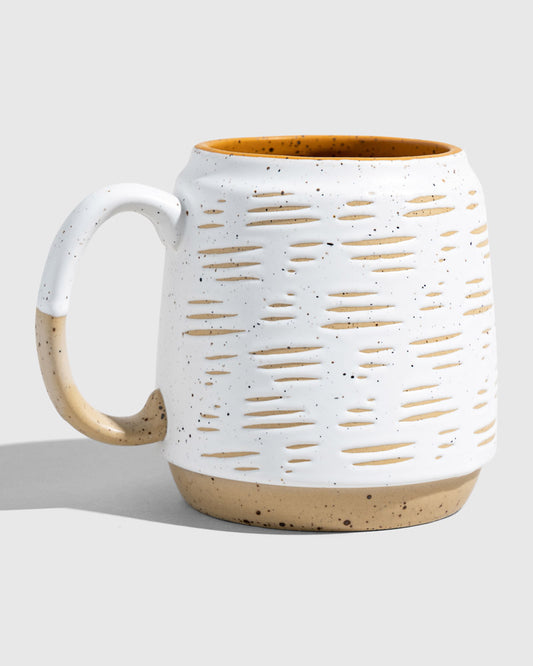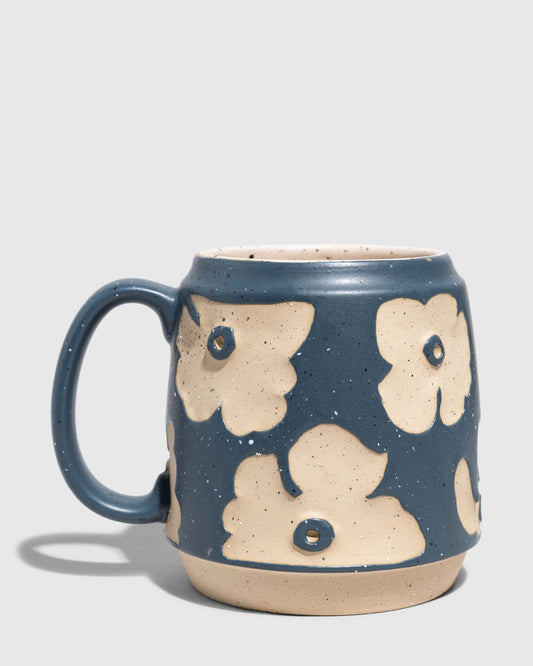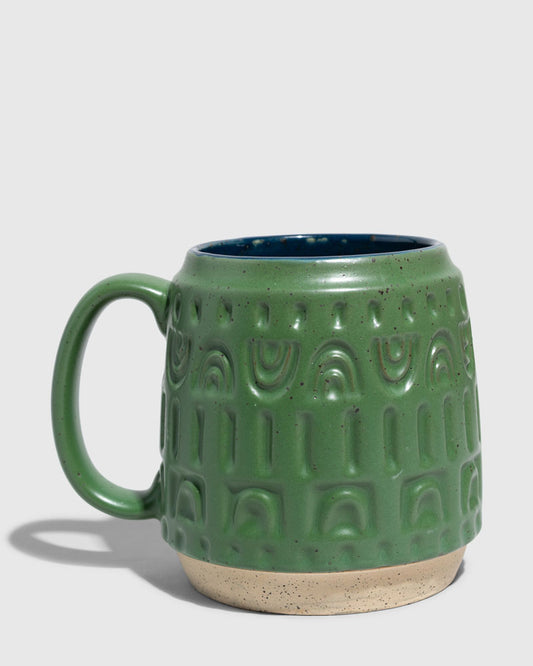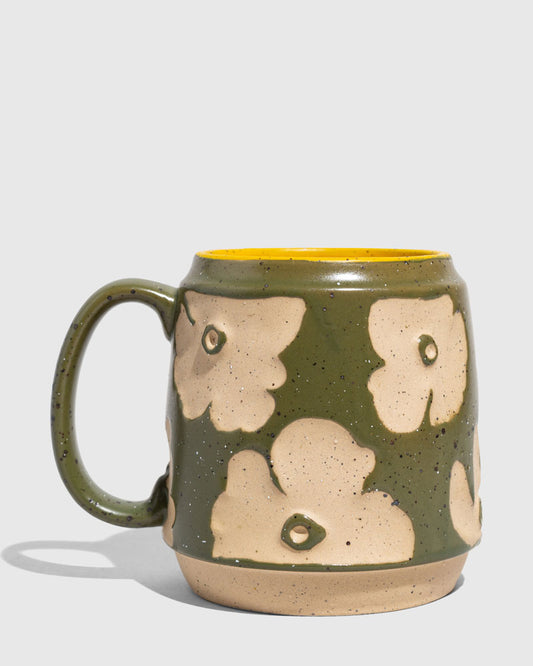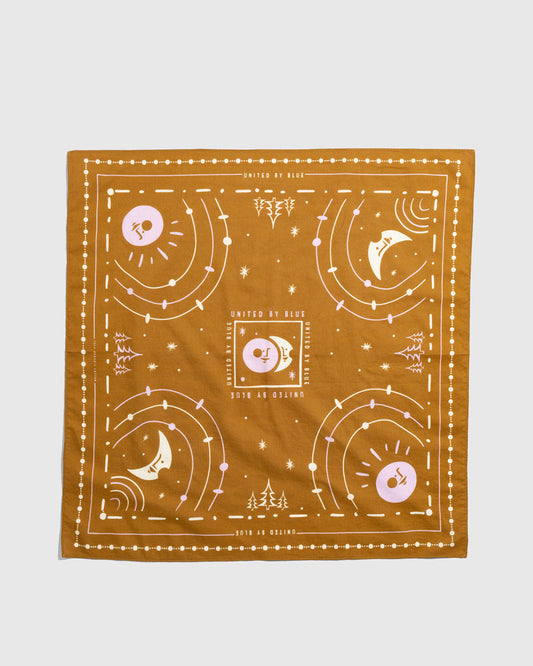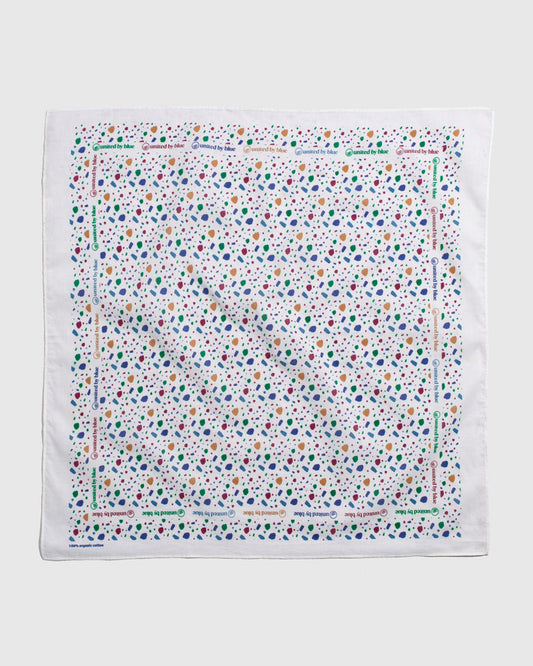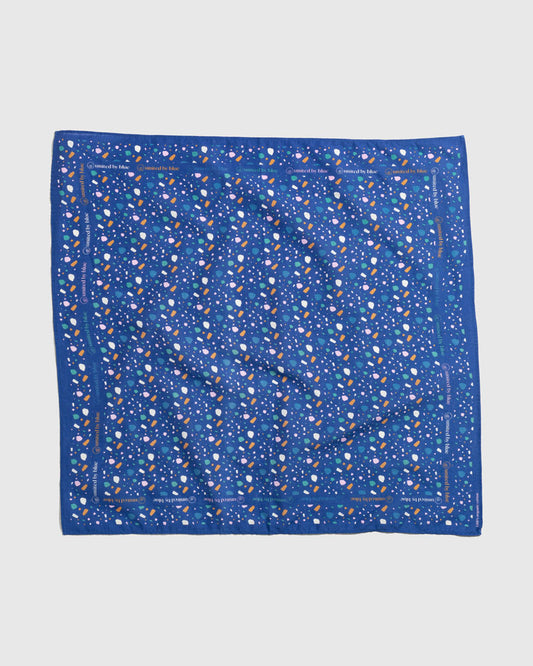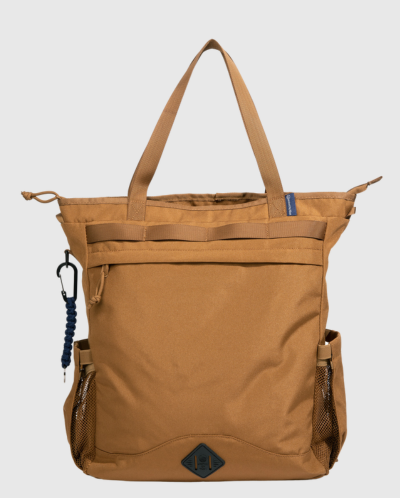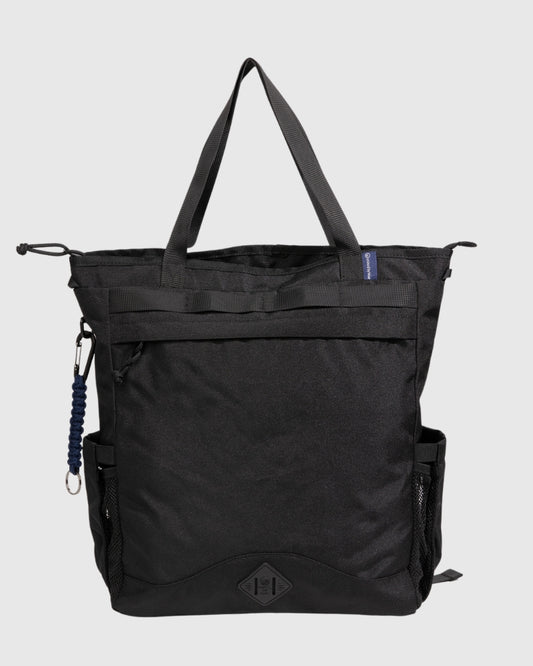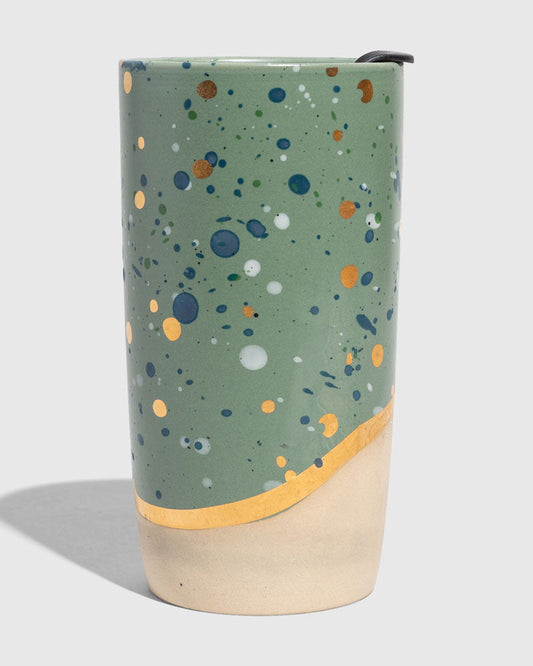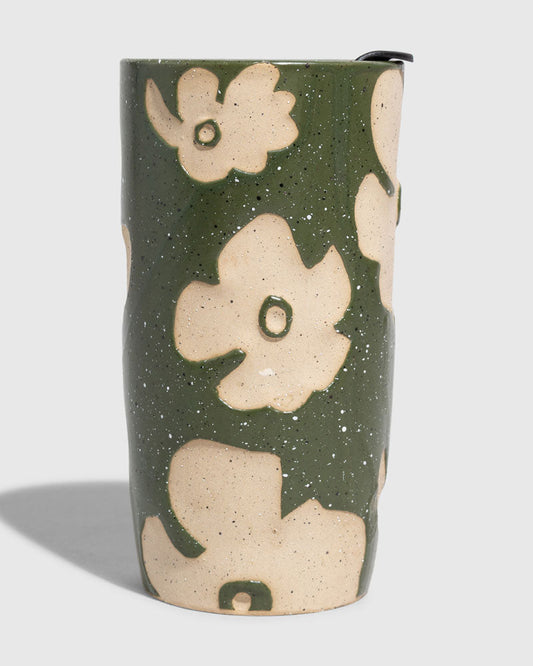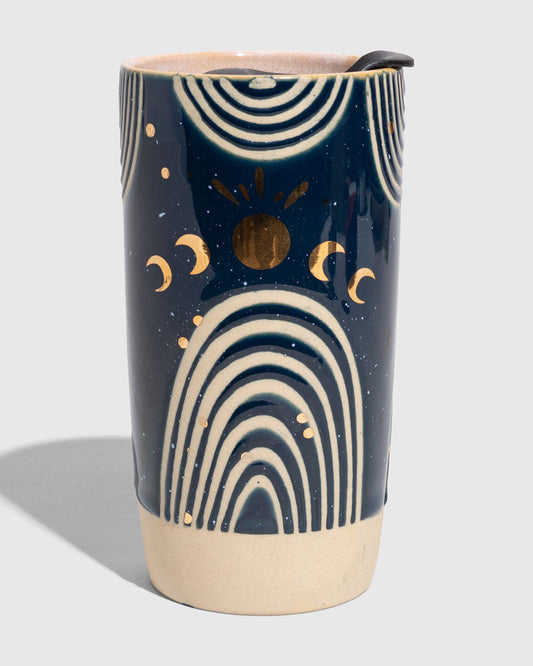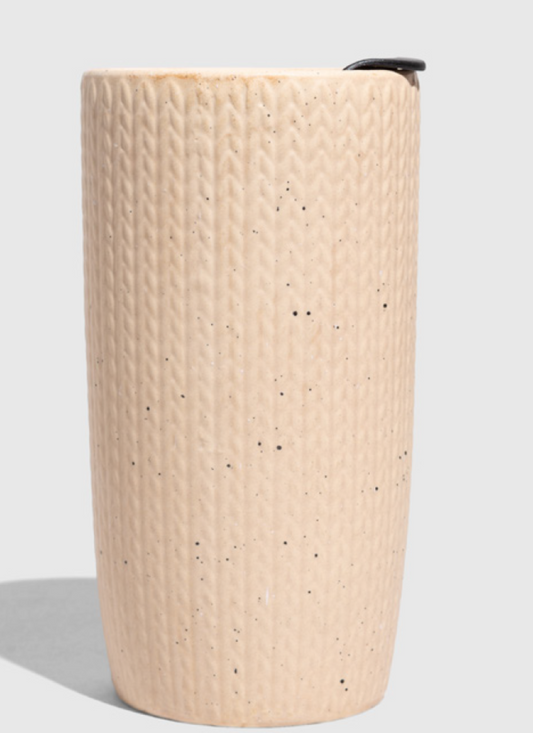
You know by now that using sustainable materials in our products is right up there with picking up trash, in terms of how it important it is to us. It won't take you more than a second to locate the words "organic cotton" or "corozo buttons" in one of our catalogs. What we haven't really talked about is how we source these materials. UBB headquarters is an old row home on a narrow street in Philadelphia, so we're not exactly growing our own organic cotton out back. To ensure that the materials in our products meet the sustainability standards we set, we rely on a certification that holds factories to the strictest environmental and social criteria. It's called GOTS, or Global Organic Textile Standard, and it's the gold seal for companies and consumers looking to be more conscious about their purchases. We'll explain why.
What is GOTS?
GOTS, or Global Organic Textile Standard, is the world’s leading and highest certification in organic fibers. Similar to the way that certain foods are stamped with an ‘organic’ label, all apparel made in a GOTS-certified factory has been proven to be reach certain standards in every aspect of production. We will go into what those standards are, but the bottom line is that GOTS goes way beyond organic cotton, and it goes way beyond safe working conditions. GOTS, which has been around since 2006, is universally recognized as a way to confirm that an entire supply chain is socially and environmentally responsible.
For us, the certification is a huge asset. If our team had to personally investigate each factory we partner with in order to determine if it meets our sustainability standards, it would take ages. Third party certifications, where independent testing companies bring in experts to conduct comprehensive evaluations, are considered to be the highest level of assurance you can achieve. GOTS allows us to place our trust in factories and in turn, provide to our customers a product that caused as little harm as possible in its creation.

Photo courtesy of Hemp Fortex
Throughout this post you'll see the term “organic fiber”, so we thought it best to start with a basic outline of what that actually means. Organic fiber includes cotton, wool, hemp, flax (aka linen) and other natural fibers grown according to national organic standards without the use of toxic pesticides, synthetic fertilizers, or genetic engineering. Third-party certification organizations verify that organic producers use only permissible methods and materials in production.
Photo courtesy of Sivalya
What GOTS Promises
To list each and every one of the criteria covered by GOTS certification would be too much for this blog post; after all, the manual describing them spans 39 pages. Here’s what you need to know: GOTS looks at the environmental and social aspects of production—processing, manufacturing, packaging, labeling, trading, and distribution of textiles.
Some of the most notable requirements:
- The use of toxic heavy metals, toxic chemicals, and any aromatic solvents is prohibited
- All dyes, process chemicals and other inputs must be evaluated and meet basic requirements on toxicity and biodegradability
- Bleaches must be oxygen based (no chlorine bleaching)
- Raw materials, intermediates and final products must meet stringent waste limits
- Waste water must be treated in a functional wastewater treatment plant
- If the final product is labeled Organic it must contain a minimum of 95% certified organic fibers
- If the final product is labeled Made with Organic Materials, it must contain a minimum of 70% certified organic fibers
- No PVC, nickel or chrome can be used in packaging. Paper or cardboard used in packaging and hang tags must be recycled or certified according to FSC or PEFC
- Working conditions must be safe, hygenic, and free of discrimination
- Working hours must be reasonable and pay rates must be fair

Photo courtesy of Egedeniz
The Certification Process
As you can probably imagine after that (very paraphrased) list of criteria, the GOTS certification process is quite the ordeal. Like we said in the beginning, the entire journey, from farm to final product, must be monitored, with water and energy usage recorded throughout.
Companies that wish to be certified first contact a GOTS approved certification body. Certifiers will then provide a cost and time estimation based on the operator's location, size, fields, and other relevant factors. The time it takes varies—for the bigger operations, it can take years. It begins with the first processing step in the supply chain. If the supply chain is cotton, for instance, then the evaluation begins with ginning. The next steps of inspection will depend on the factory, but they must include the following elements:
- Review of bookkeeping
- Assessment of the processing and storage system
- Assessment of separation and identification system (here, they look for areas of risk to organic integrity)
- Inspection of the chemical inputs (like dyes) used
- Inspection of wastewater treatment system
- Assess all social criteria (they do this through interviews, documents, on-site inspections)
- Verify contamination and residue testing policies
This entire certification gets updated and revised as new innovations and inroads are made in the sustainability realm. The current one, Version 5.0, was updated in March 2017, three years after Version 3.0. Factories that have achieved certification are still inspected regularly.

Photo courtesy of GOTS-Siegel
Why Shop GOTS
Outside of factory inspections and green labels, the GOTS benefit to consumers is clear: it provides a way for people to be confident that the products they purchase meet strict environmental and social standards. We believe that consumers are getting more and more conscious of the backstory behind what they purchase, for good reason. GOTS gives us a window into that story. Furthermore, by choosing GOTS-certified products, consumers can be agents of change toward better business practices.
Our GOTS Factories
Hemp Fortex is where many of our basics are manufactured. Originally based out of Qingdao, China, this enterprise was founded in 1999 on the idea that textiles can be high quality while simultaneously being eco-friendly. Today, Hemp Fortex is not only GOTS certified, but also OCS certified and Fair Wear certified.
Egedeniz, where most of our graphic shirts are made, is the first certified organic textile company in Turkey. They are unique because they actually grow a lot of their materials onsite. All agricultural programs and processes are GOTS certified.


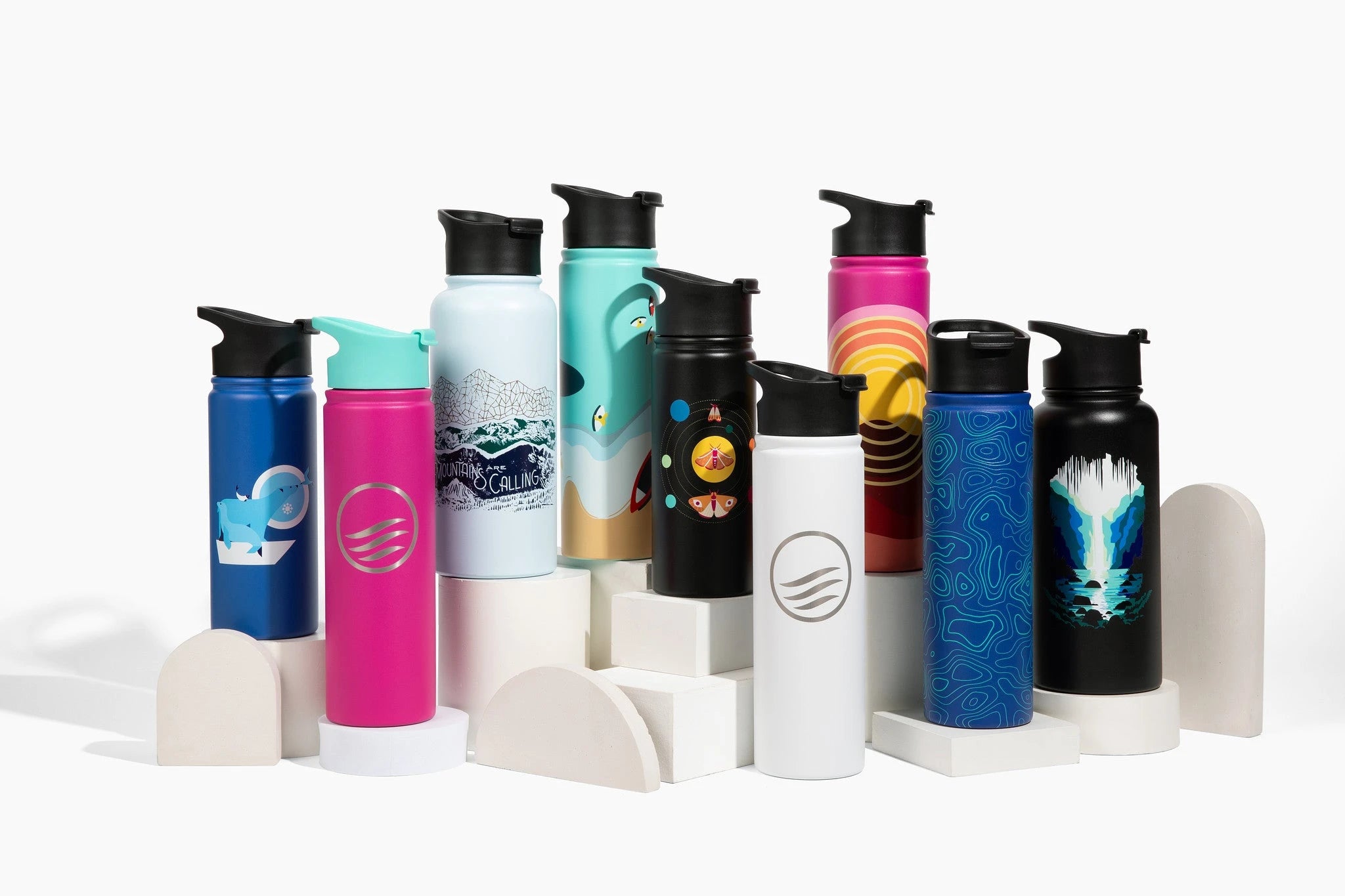
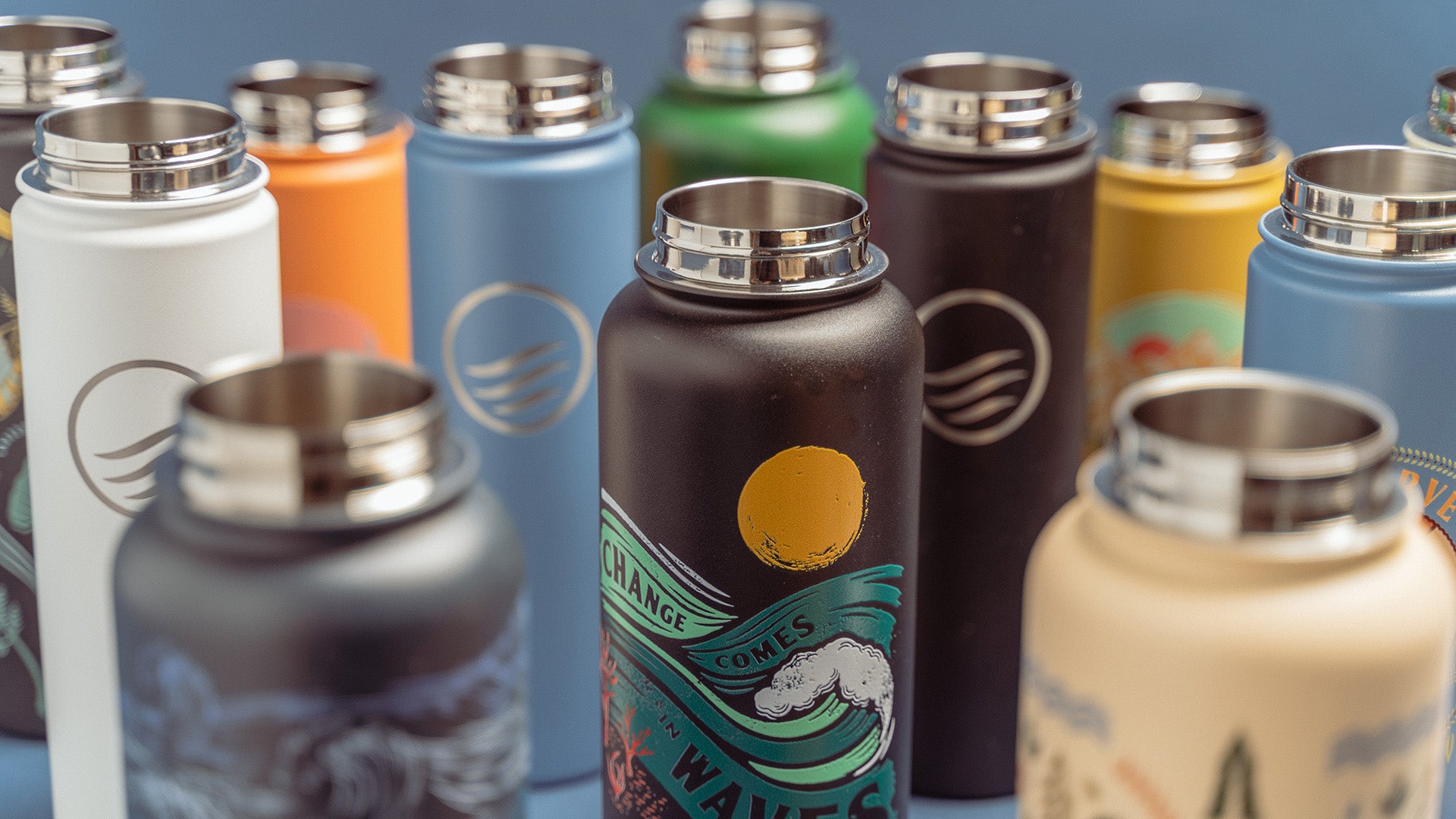

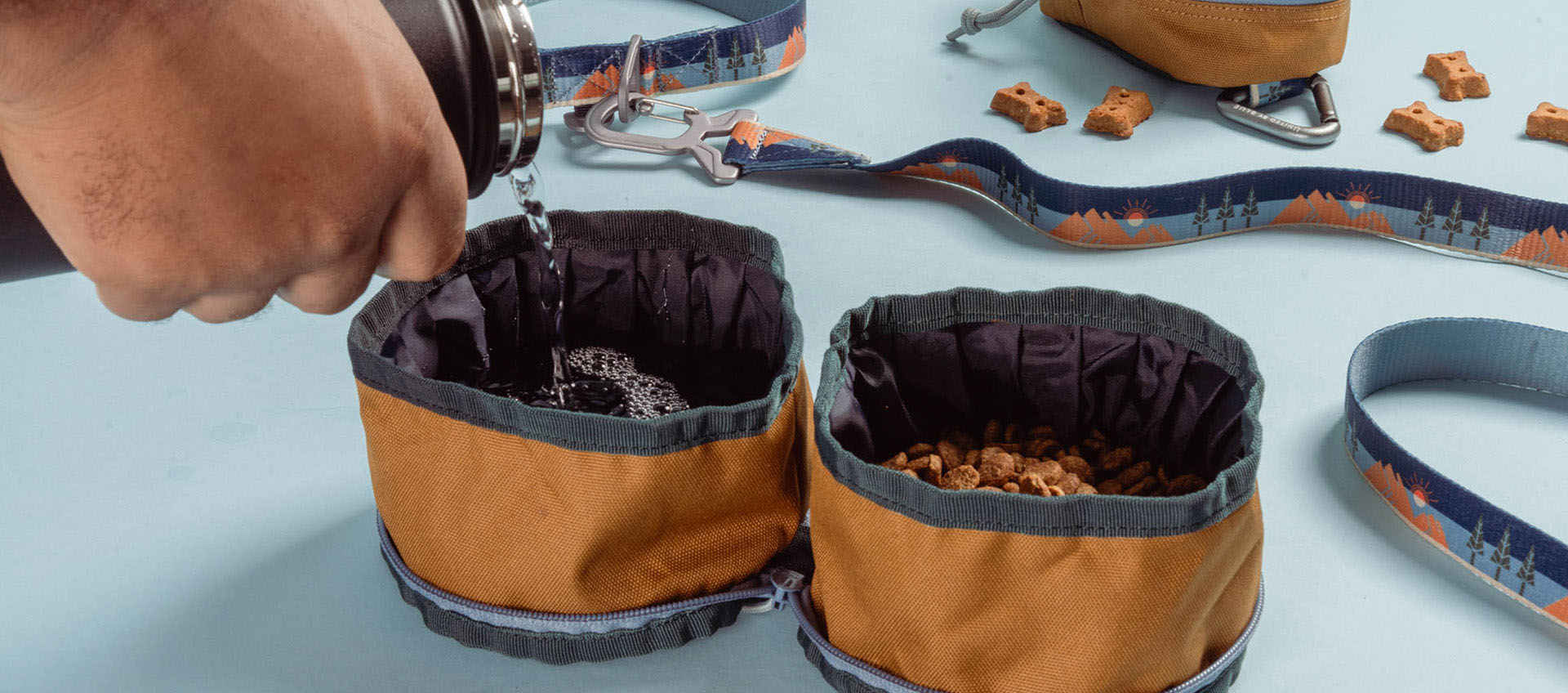

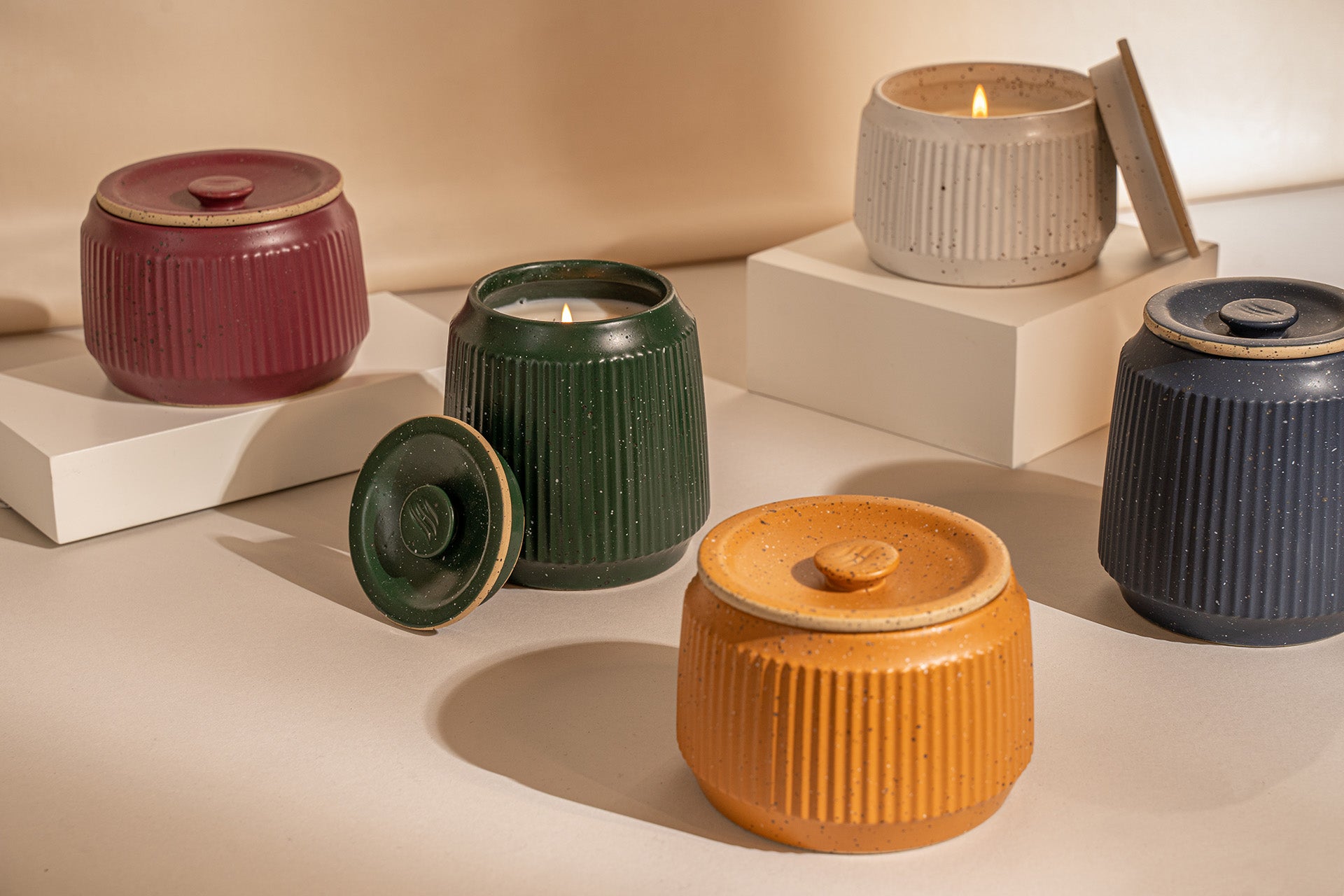


 Photo courtesy of Sivalya
Photo courtesy of Sivalya

